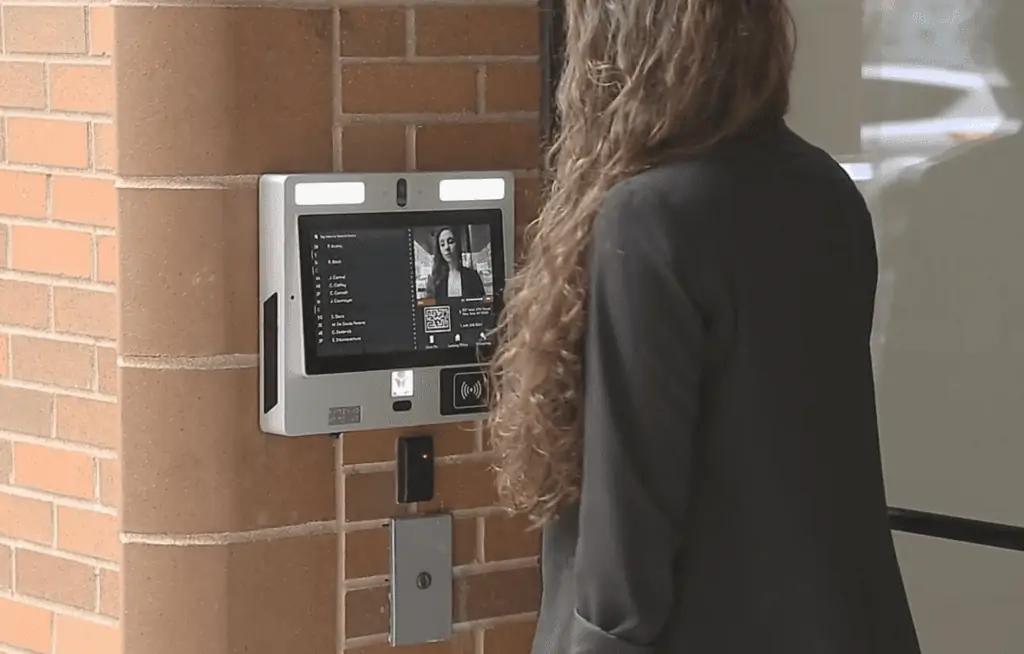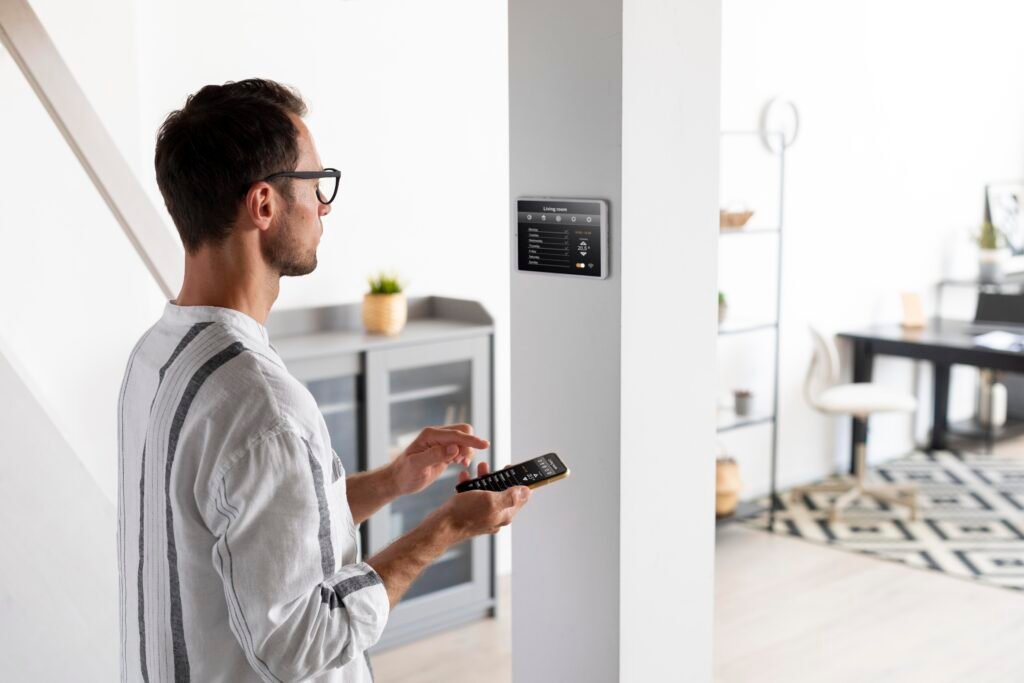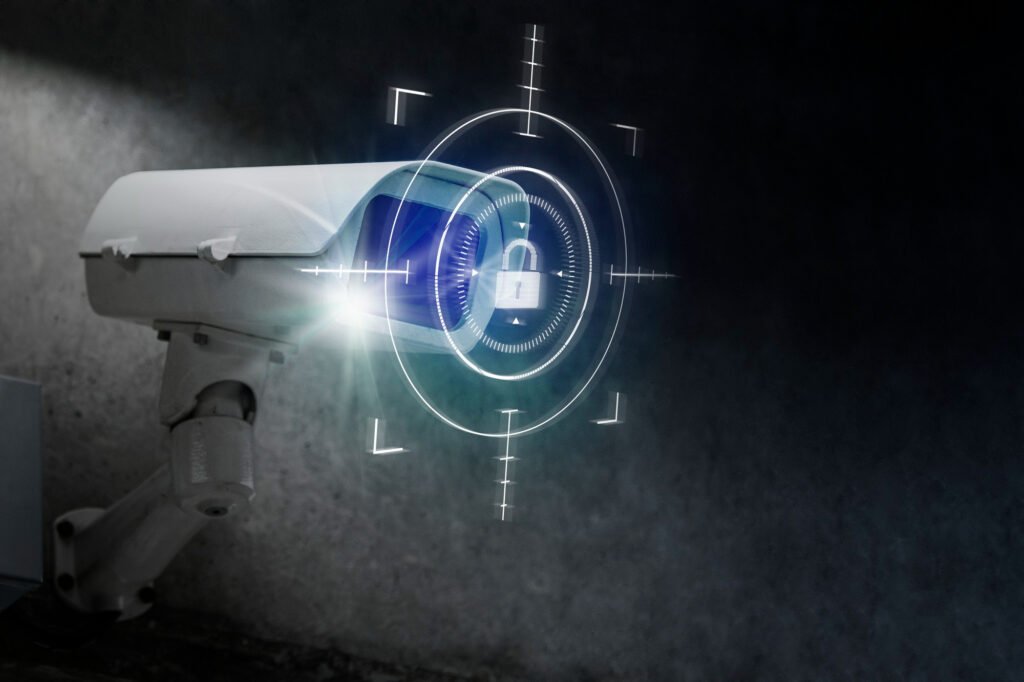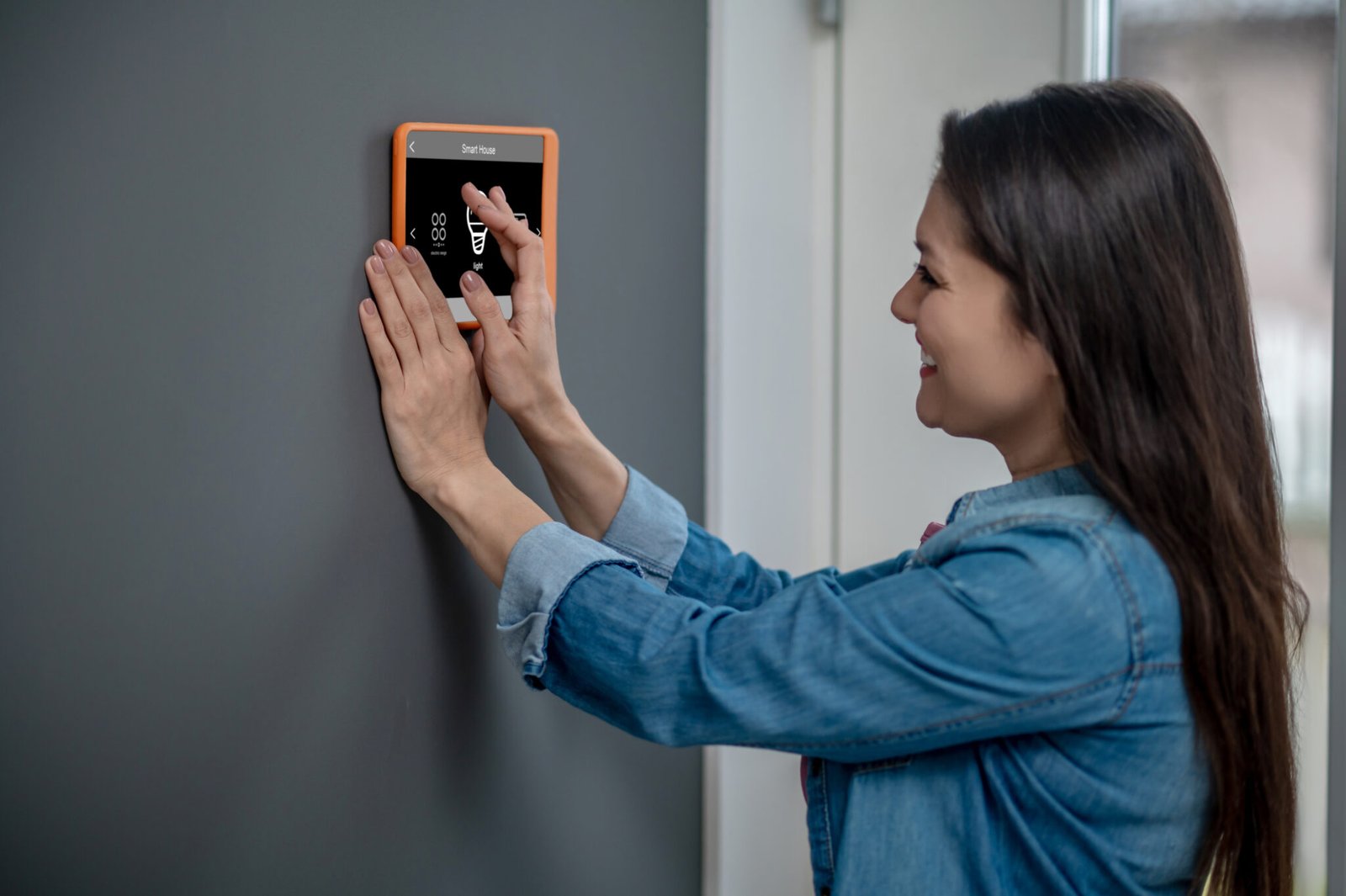Nowadays, in the modern world, wireless intercom systems have gained much popularity, especially in businesses and homes. They provide people with a convenient way to communicate in buildings and even outside them. However, as people become increasingly concerned about their security and privacy, a valid question arises: Are Wireless Intercoms Safe?
Now we will take a look at the information about the wireless intercom systems, mainly keeping in view the privacy and security considerations, and we will also read how to protect the systems from hackers.
Understanding Intercom Signal Encryption

In order to ensure privacy and security in the system, wireless intercom systems should make use of encryption, as it is one of the most important and useful features of wireless communication systems.
It jumbles the information and then transmits data between the intercoms. This feature makes the data more secure as no one outside can read the data or information, even if someone might try to intercept the signal. But when it is important that your wireless intercom should have encryption features like WPA3(Wi-Fi Protected Access 3) and AES (Advanced Encryption Standard), these standards support good security and control unauthorized access.
Risks of Unsafe Wireless Intercom Systems

Most of the things in the world have both advantages and disadvantages; similarly, wireless intercom systems may also have some risks if they are not configured properly. These are:
- Eavesdropping: Hackers and other parties can see or listen to your data if your wireless intercom lacks encryption.
- Signal hijacking: Hackers and Intruders can take control of your system if you don’t have proper encryption.
- Unwanted Access: Proper authentication is important; if your system lacks this feature, unauthorized people can have access to your conversations.
Best Security Practices for Wireless Intercoms

To ensure security, your wireless intercom system should have the following practices:
- Choose a secure wireless protocol: Try using Wifi and Bluetooth that support the latest features, as they may have the latest and up-to-date security features.
- Set strong passwords: Don’t set a common password; opt for a unique password.
- Use two-factor authentication (2FA): Two-factor authentication can add an extra layer of security, so try to enable it.
- Disable remote access if not needed: Always disable remote access if you don’t want to add more security.
Evading Signal Jamming and Hacking

Wireless intercom systems are delicate to jamming and interference as it depends on radio frequencies (RF). Signal jamming is basically like intentionally interrupting or jamming the system signals; a hacker can also take over the system. But there are some ways to protect your system.
- Use Frequency Hopping Technology: Random change in frequencies can avoid jamming.
- Monitor Signal Strength: If your system suddenly drops signal strength, it can indicate a potential security problem, so try to avoid it.
- Invest in Secure Hardware: It is best to buy an intercom system that has a built-in anti-jamming system so that it can ensure security.
Privacy Concerns with Video Intercoms

Video Intercom Systems can be more convenient for people. With these, people can communicate with each other face-to-face. But it may also have some security issues:
- Unencrypted video feeds: Without encryption, some people can invade your privacy by viewing your video.
- Data Storage: If you don’t secure the videos, as you can also download them to your cloud, they can be accessed by other people.
- Unsecured Internet Access: If you connect your system to the internet, it may be at risk of hacking if it is not protected properly.
Always use end-to-end encryption in wireless intercom systems in order to avoid security issues.
Integrating Intercoms with Home Security

You can increase your home security by integrating intercoms with home security features like doorbell cameras, surveillance cameras, and alarm systems.
But still, it is important to use them securely:
- Unified Security Platform: A seamless integration with other devices can help monitor and increase security.
- Secure Communication Channels: Your communication channels should be encrypted when they are integrated with other devices.
- Monitor for Intrusion: You should monitor for any unusual activities so that your system does not face any security issues.
Updating Firmware And Software for Security

You should regularly update your software and firmware so that you can ensure security, as they may have some new security and privacy features.
Enable:
- If you enable automatic updates, this will keep the system updated with the latest features.
- Make a habit of manually checking for updates, as sometimes it may not update automatically.
- Check for the manufacturer’s support and opt for systems that give updates for older systems.
Choosing A Secure Wireless Intercom System

When you go to buy a wireless intercom system, look for the following features:
- Encryption Standards: Look for WPA3, AES, or TLS as they support high-end encryption.
- Authentication Protocols: Systems with end-to-end encryption and strong passwords are strongly recommended.
- Security Certifications: UL (Underwriter Laboratories) can be good for security.
Final Recommendations

By following the necessary precautions, you can have good security and privacy in your wireless intercom systems. They are very convenient but may have some risks. But by following some advice, you can achieve good security:
- Your system should have strong encryption.
- It should have good security protocols.
- Always keep checking for any unusual activity or new updates.
- Don’t forget to use a strong password and end-to-end encryption methods.
By following these, you can have no security risk and it can work safely.
Expert Opinion

Nowadays, wireless intercom systems are very convenient. We know that they may include some security problems, but if you choose the right system and keep checking for any unusual activity and have strong encryption, no security problem would be created. So, act upon the recommendations in order to ensure security.




















